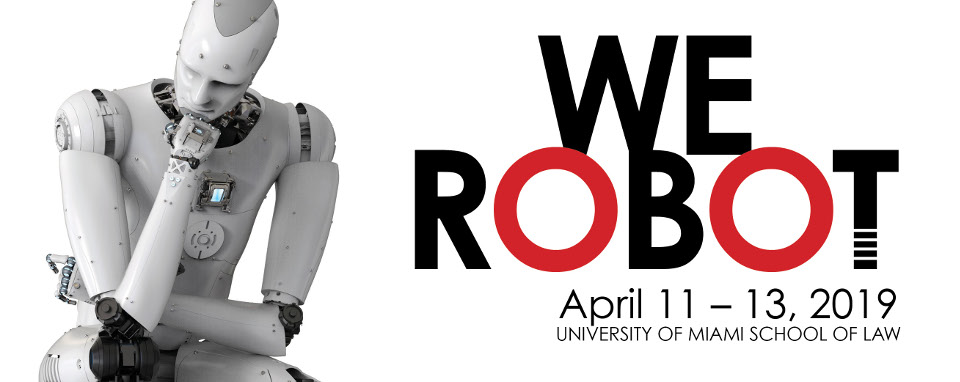
Petros Terzis
Bryan Choi will lead a discussion of Petros Terzis‘s The Reasonable Coder on Friday, April 12 at 9:15 a.m. at #werobot 2019.
Algorithmic decision-making tools are no longer a mere field of scientific exploration and academic debates. Today data, code and algorithms, blended altogether in the concept of Machine Learning (ML), are used to identify potential aggressors and victims of violence, to assess a defendant’s risk of committing new crimes, to decide whether you deserve a job opportunity, to –literally- monitor the financial markets or to evaluate school teachers. In light of these ML applications an exponentially growing part of the scientific community has focused its attention on the issues of fairness, transparency and accountability that algorithms should mirror. Building next to these interdisciplinary endeavors for the development of safeguarding techniques, this paper is an attempt to explore the boundaries of liability that surround the agents involved in the development of these tools.

Bryan Choi
The capacity of these system to interact and trigger changes to the physical world as well as their potential for causing harm to a person, challenges the notions of duty of care, causality and foreseeability that historically dominated liability ascription. In the meantime, the absence of a solid regulation renders developers legally exposed to the rules of strict liability. My paper is a jurisprudential journey throughout the boundaries of contract and tort law of USA jurisdictions aiming at extracting common principles that could shape the proposed doctrine of the “Reasonable Coder”. This journey starts from the fundamental question of whether “smart-software” should be regarded as “good” or “service”, and progresses to the normative connotation of the concepts of causality and foreseeability in the digital sphere. The notion of “Reasonable Coder” is ultimately premised on the idea that either regarded as “services” or as “products”, “smart-systems” will eventually be examined through the regime of negligence.

